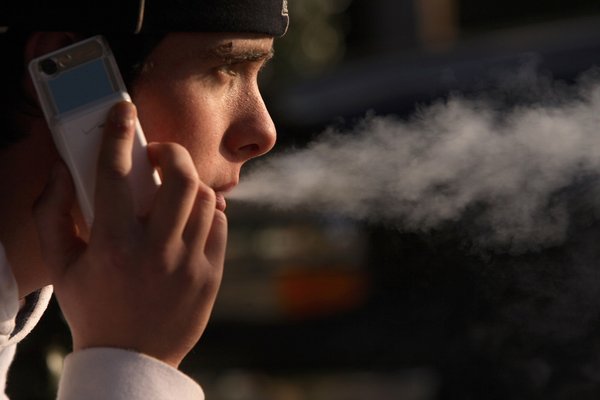NEWS RELEASE: ALA & TFND celebrate WHO “World No Tobacco Day”
FOR IMMEDIATE RELEASE: Saturday, May 31, 2014
ALA & TFND celebrate WHO “World No Tobacco Day”
In honor of “World No Tobacco Day”, celebrated by the World Health Organization (WHO) each year on May 31, the American Lung Association in North Dakota (ALA) and Tobacco Free North Dakota (TFND) encourage policymakers and all North Dakotans to examine the current taxes on tobacco products in our state and its relationship to above average tobacco use rates in both adults and youth in North Dakota.
Research and studies have long shown the correlation between cheap tobacco and higher use rates. Unfortunately, North Dakota has both.
While the U.S. average tax on a pack of cigarettes is $1.53, as of today, North Dakota ranks 46th lowest in the nation at just $0.44 per pack. At the same time, North Dakota’s high school smoking rate of 19.4% exceeds the national average of 18.1%; our youth smokeless tobacco rate of 13.6% almost doubles that of the 7.7% national average; and our adult smoking rate of 21.2% continues to rank higher than the 19.0% national average.
“We challenge our leaders – from top to bottom – to keep the health of North Dakotans, especially our young people, in mind as they set priorities and enact policies in the future,” said Kristie Wolff, Manager of Advocacy and Tobacco Control for ALA. “We know what policies work, and the health and economic benefits are proven. We just need leaders with the courage to do what’s right by our kids.”
The World Health Organization (WHO) recommends the per pack cigarette tax should reach or exceed 75% of the total cigarette price. In North Dakota, that tax would equal a minimum of $3.34 per pack, more than 7.5 times higher than that of the current $0.44 per pack.
– – – – – – – – – – – – – – – – – – – – – – – – – – – – – – – – –
Background: May 31, 2014 marks the World Health Organization (WHO) annual commemoration of “World No Tobacco Day”. Their ultimate goal is “to contribute to protecting present and future generations not only from the devastating health consequences due to tobacco, but also from the social, environmental and economic scourges of tobacco use and exposure to tobacco smoke”.
This year, WHO is calling on partner countries to raise taxes on tobacco. Research shows that higher taxes are especially effective in reducing tobacco use among lower-income groups and in preventing young people from starting to smoke.
Source: CDC – http://www.cdc.gov/mmwr/preview/mmwrhtml/mm6321a1.htm?s_cid=mm6321a1_x



